Where's the Manc in Manchester City? The club must keep its identity by giving youth a chance, says Paul Power
Former Manchester City captain Paul Power watched Sunday's 4-0 embarrassment by Everton, and he tells Simon Hart why a lack of local lads is causing the club to miss out on something so crucial
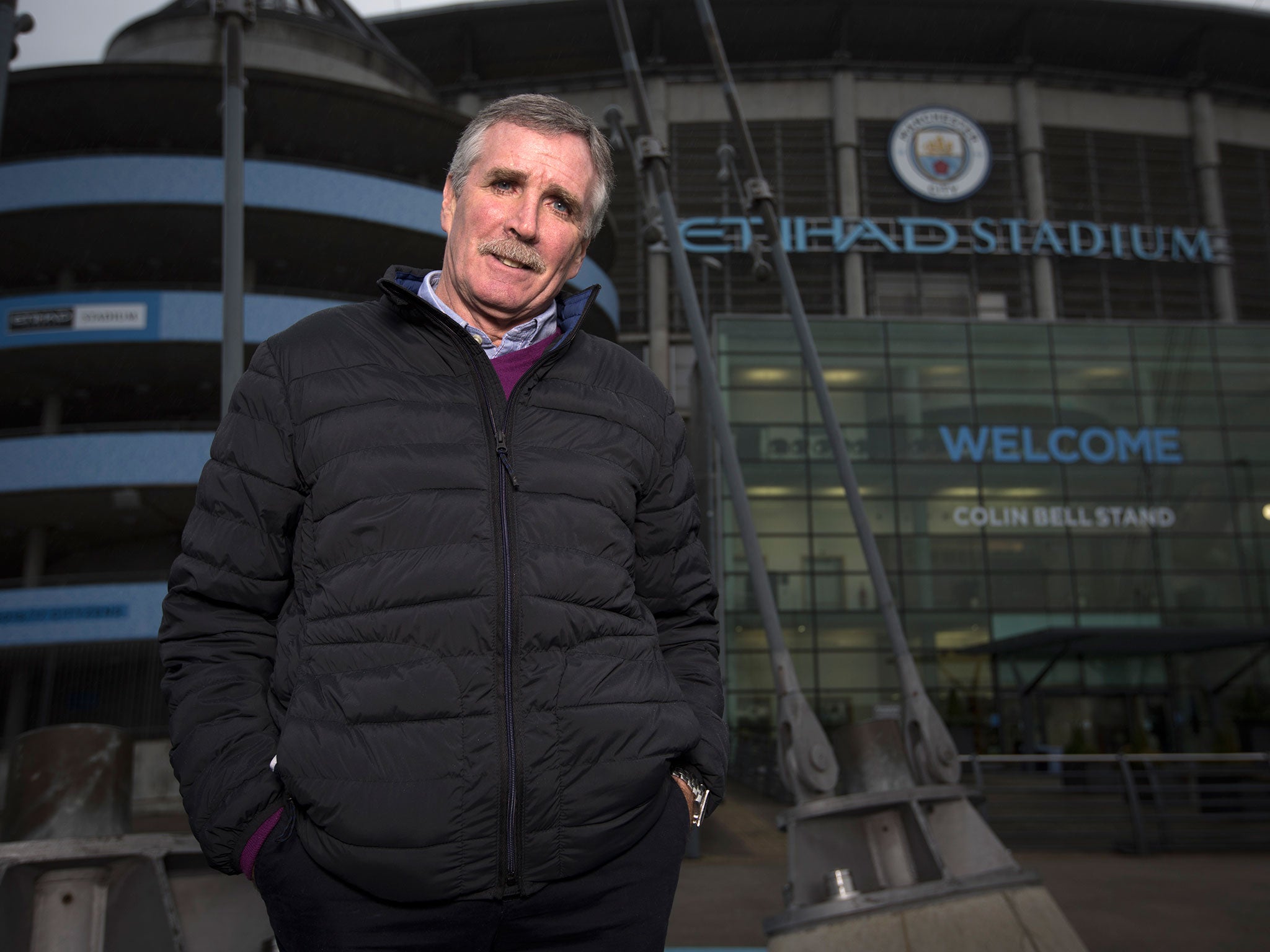
Paul Power tells a tale which underlines just how different life once was for a footballer at Manchester City. It is a tale from a time long before the untold riches of Sheikh Mansour bin Zayed Al Nahyan transformed his beloved club’s fortunes and it concerns a ticking-off that Power received from his unhappy chairman, Peter Swales, over his choice of a music system.
Swales had made his fortune selling radios and hi-fis yet one Christmas, Power found a better deal elsewhere. “His rival gave me a cheaper offer – fifty quid less, which in those days was a lot of money,” Power recounts. “This fella, who was from Telebank in Bolton, delivered it to me on Christmas morning and was straight on the phone to Peter Swales saying, ‘I’ve just done a deal with one of your players’. Of course, then Peter Swales comes and says to me, ‘Next time I make you an offer and someone makes you a cheaper offer, come back to me’.”
That episode occurred during Power’s time as club captain, when he became the last Mancunian to lead City out at Wembley in the 1981 FA Cup final against Tottenham Hotspur. He breaks into a smile as he reflects on the differences between City then and now, though not every change at the club he served for 11 years and over 400 first-team appearances as a player – and later as a successful youth coach for more than a decade – is to his liking.
Power, after all, can remember the days when City had a steady stream of local talent running into the first team. “I played for a team in the League Cup semi-final against Middlesbrough and there were ten local players in – we had people like Tommy Booth and Joe Corrigan, Kenny Clements, Gary Owen, Peter Barnes,” he recalls. “There were lots that got into the first team.”
In his decade and a half as a coach there were many more – a timeline on the wall in City’s academy building shows that between 1999 and 2011, 38 graduates made their first-team debuts for the club, including Daniel Sturridge, Shaun Wright-Phillips, Joey Barton and Micah Richards – all future England internationals.
And yet when he sat at Goodison Park on Sunday watching City slump to their heaviest defeat of Pep Guardiola’s reign, it was Everton – the only other club he played for – fielding the homegrown talents: 18-year-old Tom Davies and 23-year-old Ross Barkley, two Scouse lads.
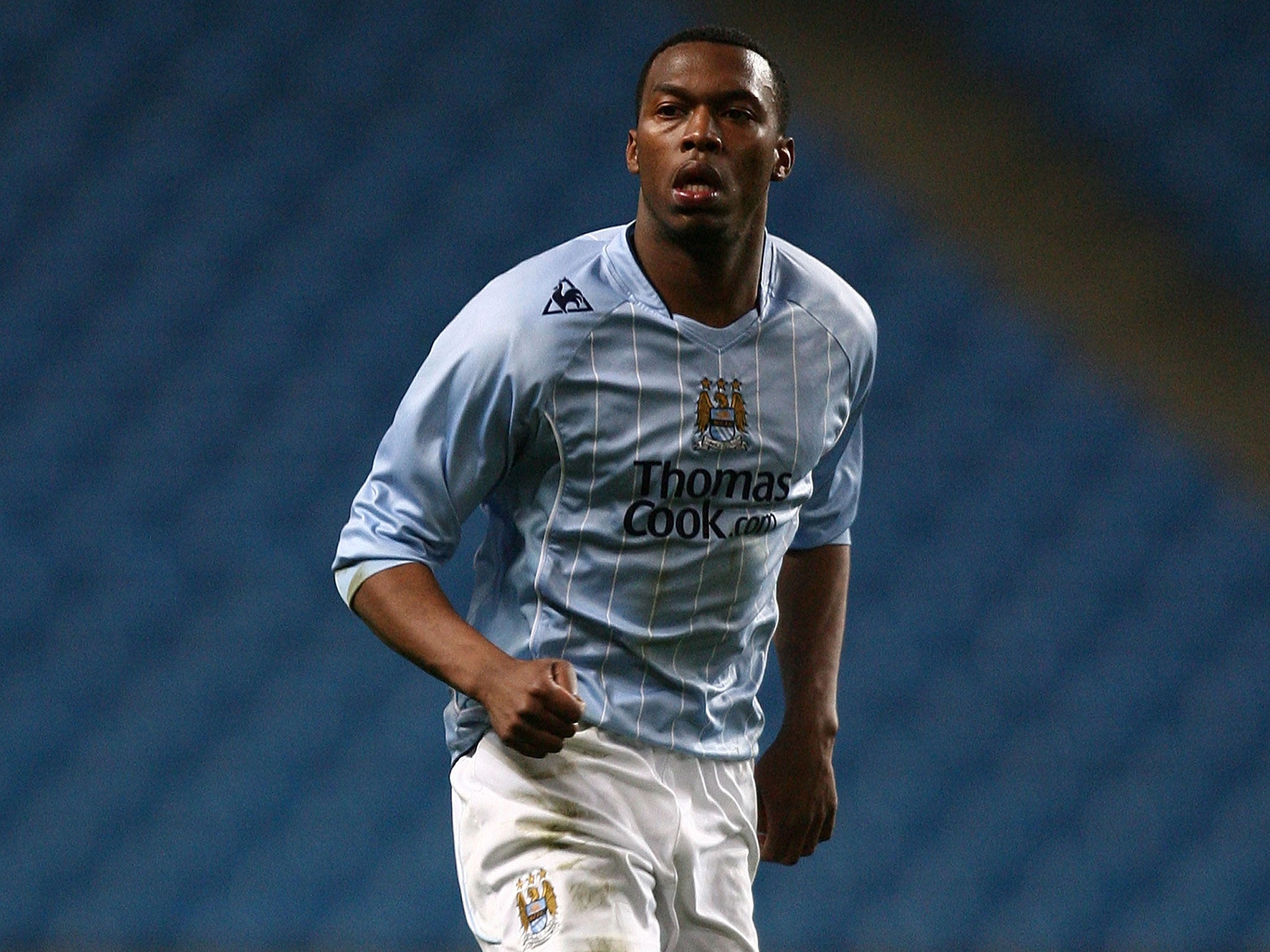
Power does not hide his concern. At the moment, in his words, “the Manc has gone out of Manchester City”.
“We need more Manchester,” he says. “I don’t care whether you are a supporter of Scunthorpe United or Manchester City, you want to see local players in your team. I do think the locals associate strongly with local talent and that was obvious at Goodison on Sunday from the response I got in the lounges afterwards.
“As a player you just want people there who are going to be successful for you, but as supporter you want to see local talent in the team, because it is part of your heritage and part of what you believe your local football club is all about.”
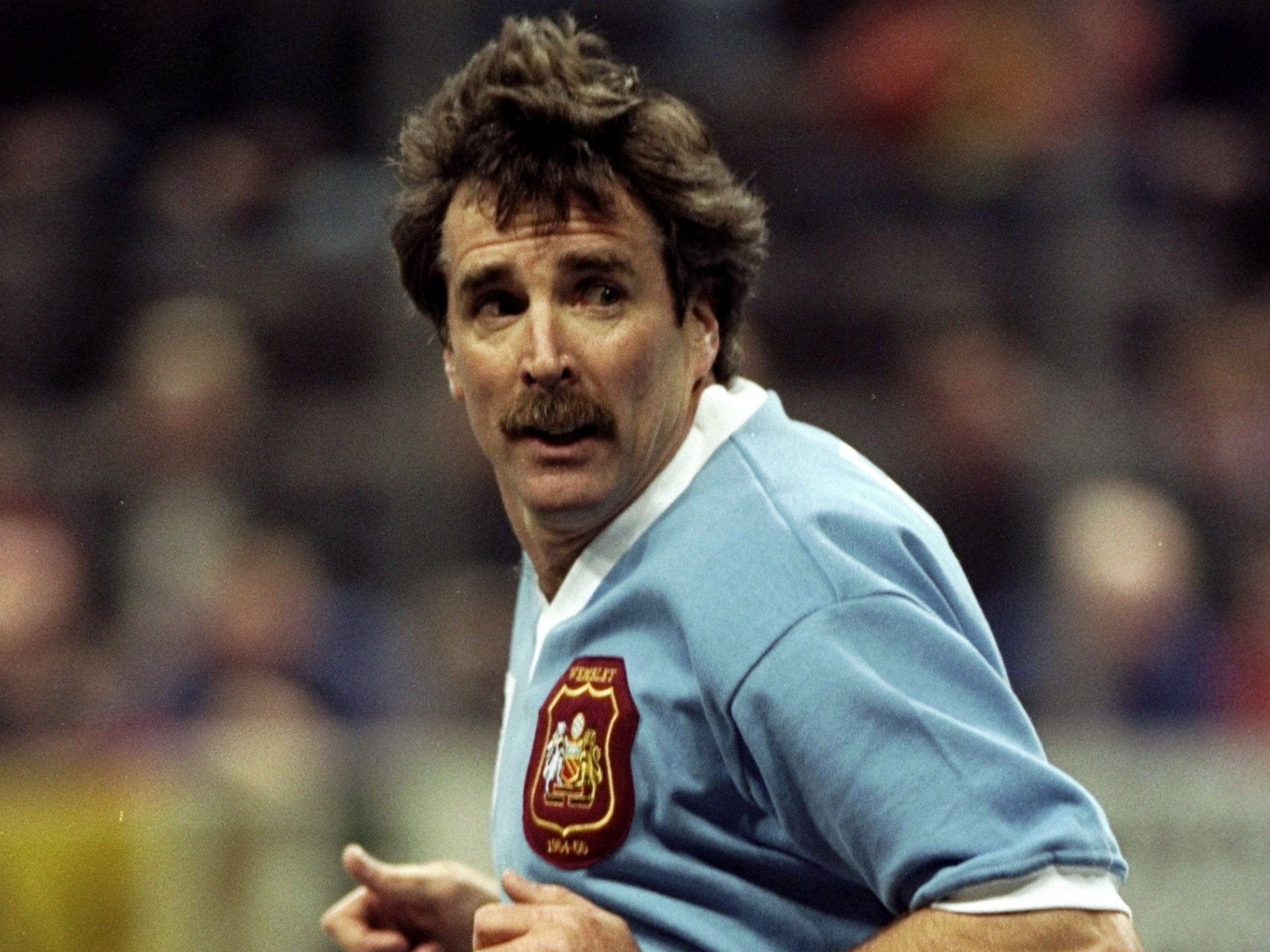
Power and I meet outside the Etihad Stadium. His trademark moustache is still there and he looks just as slim as in his playing days, suggesting that his new life in southwest France suits him well. Across a symbolic footpath from the stadium is the £200m City Football Academy. This opened in 2014, the year after Power lost his job, a victim of the restructuring overseen by the club’s chief executive, Ferran Soriano, and the director of football, Txiki Begiristain.
The facilities at today’s academy are “worlds apart” from those that Power knew at the old, cramped Platt Lane training base where the lack of available pitches meant academy matches took place on hired pitches at Whalley Range Girls’ High School. “We’d play academy matches on Sunday when the staff at school were off, so we had to wheel the goals off and Jim Cassell [the academy director] used to say, ‘I wonder if Steve Heighway is doing this at Liverpool?’.”
By contrast, the City Football Academy has 17 pitches along with a magnificently appointed academy building and two full-time coaches at every age group from Under-15 upwards. Last season their U18s were national champions. Their Under-23 side sit second behind Everton in the Premier League Two.
Yet what they still lack, for all the investment and its positive impact on a significant swathe of east Manchester, is that “Manc” factor that Power speaks about – the local poster boy to rival the aforementioned Barkley and Davies at Everton, or Marcus Rashford across the city at Manchester United, or even Harry Kane and Harry Winks at Tottenham, visitors to the Etihad in the club’s next senior fixture.
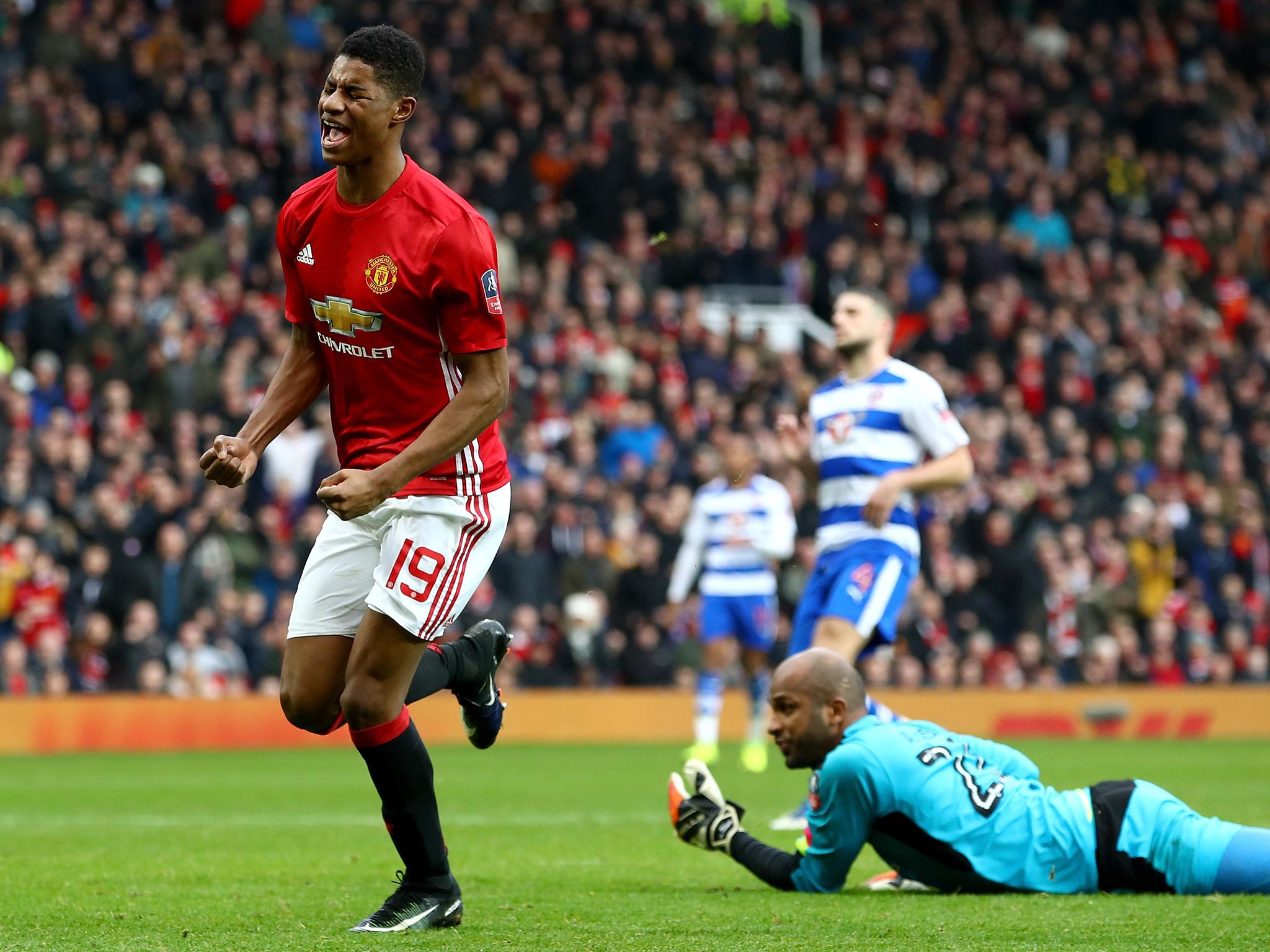
Indeed City supporters have yet to see one of their own make a noteworthy mark on the first team in the Abu Dhabi era. Of the six players aged 20 or under given a taste of first-team action by Pep Guardiola this term, there has been only one English player – 19-year-old centre-back Tosin Adarabioyo, but he is still waiting to make his Premier League debut. Adarabioyo is understood to be well thought of by Guardiola, though there is currently a question mark against his future with talks on a new contract having stalled.
“Tosin Adarabioyo is a local lad from Chorlton who’s got a great chance,” says Power, who worked with the defender. “He had an ability to play in midfield or at centre-back – comfortable on the ball, a good athlete, he could run out with the ball. He was not as dominant in the air as he should have been for his size but more than adequate heading the ball. I think he is worth getting more opportunities on the bench with the first team as it is not a strong area for us.”
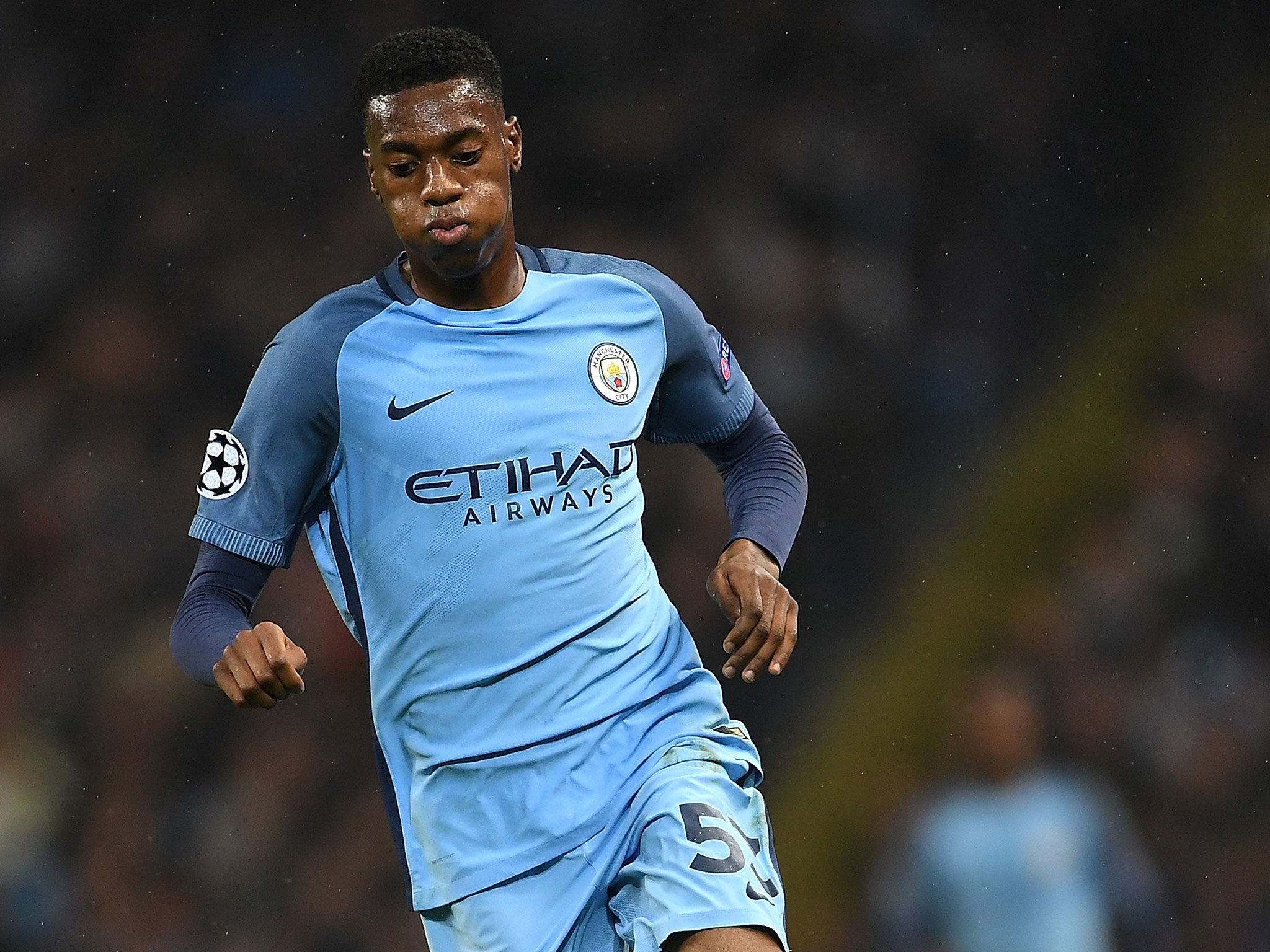
Power, whose son Nick is on the staff at the academy, talks hopefully too of Phil Foden, the 16-year-old who made the bench for the City’s Champions League dead rubber against Celtic. “Phil Foden has been here since he was five and everyone thinks highly of him but it’s entirely up to him whether he has got the mental strength and the physical strength and all the things that come to make a top- quality first-team footballer to see if he can be the next Manc that gets through on to that wall.”
Prior to his coaching role at City, Power produced a landmark report into youth coaching in this country for the PFA. He believes the biggest requirement for any young prospect is mental strength and cites the attitude of the young Joey Barton. “Joey Barton couldn’t get into our youth team at the time because Terry Dunfield and Dickson Etuhu were ahead of him but Joey had a fantastic mental approach to training, he’d get upset because it mattered to him. I used to train with him and Joey would come right through me and I was 50-odd then. He didn’t care – if it was there to win, he’d win it. I loved that.” By contrast, another midfield talent, Michael Johnson, “couldn’t cope with pressures of not being in the game all the time” as he lost his way following injury and illness.
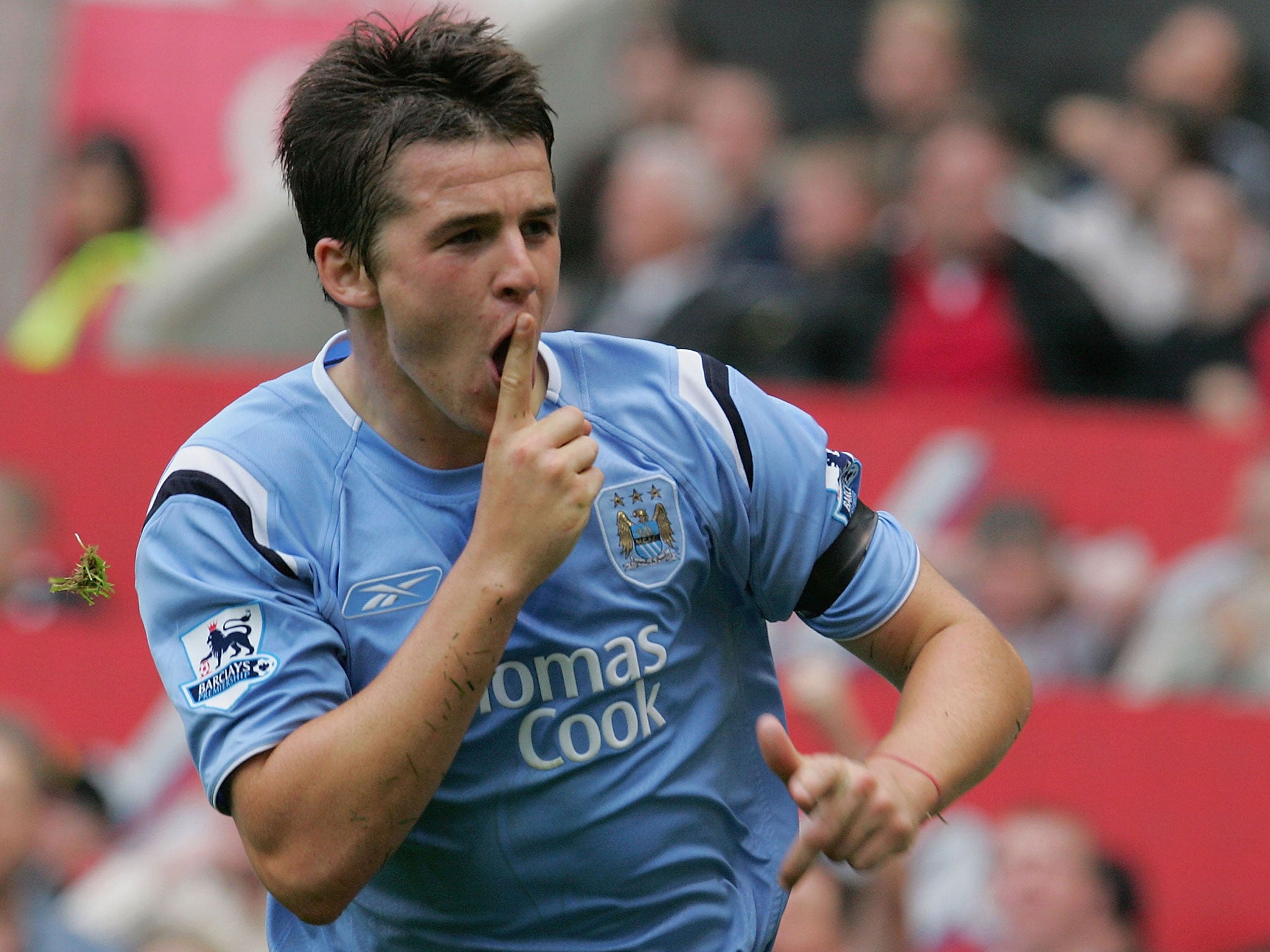
“You can either be physically brave or you can be mentally brave, and want the ball all the time knowing you are going to get clattered,” Power adds. “The second one is more important than the first one. Pep Guardiola will be looking for players brave enough to receive it under pressure and that has never been a feature of English players in the main.”
Maybe we don’t have to be so quick at making a decision on young players, it’s like ‘He’s done his scholarship, should we give him a pro contract or not?’
Power’s own path into City’s first team was very much the scenic route. A late developer, he earned a Law degree from Leeds Polytechnic before he became a full-time footballer at Maine Road in the mid-70s.
Not surprisingly, he believes young players should be given time to develop and approves the decision to make the Premier League’s reserve league an Under-23 competition. “Maybe we don’t have to be so quick at making a decision on young players, it’s like ‘He’s done his scholarship, should we give him a pro contract or not?’ I would say ‘See how he develops over the next three years’. We were too rushed in getting rid of Kieran Trippier, for example.”
Trippier, now at Tottenham, is on a long list of players developed by City who made a good career elsewhere – there were nine, for instance, playing at Euro 2016 last summer. “There are players who have just fallen short of playing for Manchester City in Europe but have gone on to play top-level football elsewhere.”

In Power’s case, it was the opposite journey taken. It was 30 years ago that he finally earned silverware at the age of 33 as a league champion in his first season with Howard Kendall’s Everton, having finally left his boyhood club. His efforts earned him the Everton Supporters’ Player of the Year award that season and helped make up for several near misses with City notably that Centenary Cup final against Spurs. Power had scored City’s free-kick semi-final winner against Ipswich Town but saw their hopes vanish in the face of Ricky Villa’s famous solo strike in the final replay.
Power still puts it down to tired legs in the City back line, rather than Villa’s wizardry. “Ray Ranson should have stopped him coming into the box in the first place by tackling him out by the line, and then he has got past Tommy Caton who looked a little bit tired. It was just a combination of a little bit too much, too soon for our young players. It was a shame because I thought Steve MacKenzie’s goal in that game was better than Ricky Villa’s – technically it was a fantastic goal, the volley from 20 yards or so.” Spoken like a proper Manc.
Power on…
His Indian summer at Everton 30 years ago
“I’d been to the FA Cup final and to the Full Members Cup final with City, and to the quarter-final of the Uefa Cup. I’d nearly done a lot of things but never won anything. I went to Everton as second-choice left-back because Pat Van den Hauwe was there but Pat had a problem so I played the first part of season at left-back and then when Pat was fit, Kevin Sheedy got injured so I covered there. As luck would have it, the first game I played in midfield for Everton was at Maine Road against Man City and I ended up scoring! But Howard was the best manager I worked under – he could handle the press, the directors, the players, he could cope in any environment in the football club.”
Kazy Deyna, City’s first foreign superstar
We used to go to Wythenshaw Park on a Monday morning and run, but he didn’t want to do that. He used to come in every Monday morning and go to Roy Bailey the physio, “Hamstring, hamstring”. Malcolm Allison would say, “That’s alright, leave him” but we’d come back after running around the bloody track covered in sweat and he’d be in the gym playing head tennis against Roy Bailey. But we knew he was important to our team as well. He could do things we couldn’t do.
City’s original maverick manager, Malcolm Allison
Mal was ahead of his time with regard to his knowledge about coaching. At that time, for your coaching qualifications you did two weeks at Lilleshall and three sessions and if you showed an ability to coach, you got the highest coaching award in the country. There was nothing about physiology, psychology and the development of young players but Mal understood the physical side, the development, the food intake. He was miles ahead at the time but maybe sometimes you overcomplicate things. Mal was all for athletes – and that’s why he made me captain –but it takes all sorts to make a team. There were other players like Gary Owen and Asa Hartford and Tommy Booth who weren’t great athletes but had something that added to the blend.
Join our commenting forum
Join thought-provoking conversations, follow other Independent readers and see their replies
Comments
Bookmark popover
Removed from bookmarks